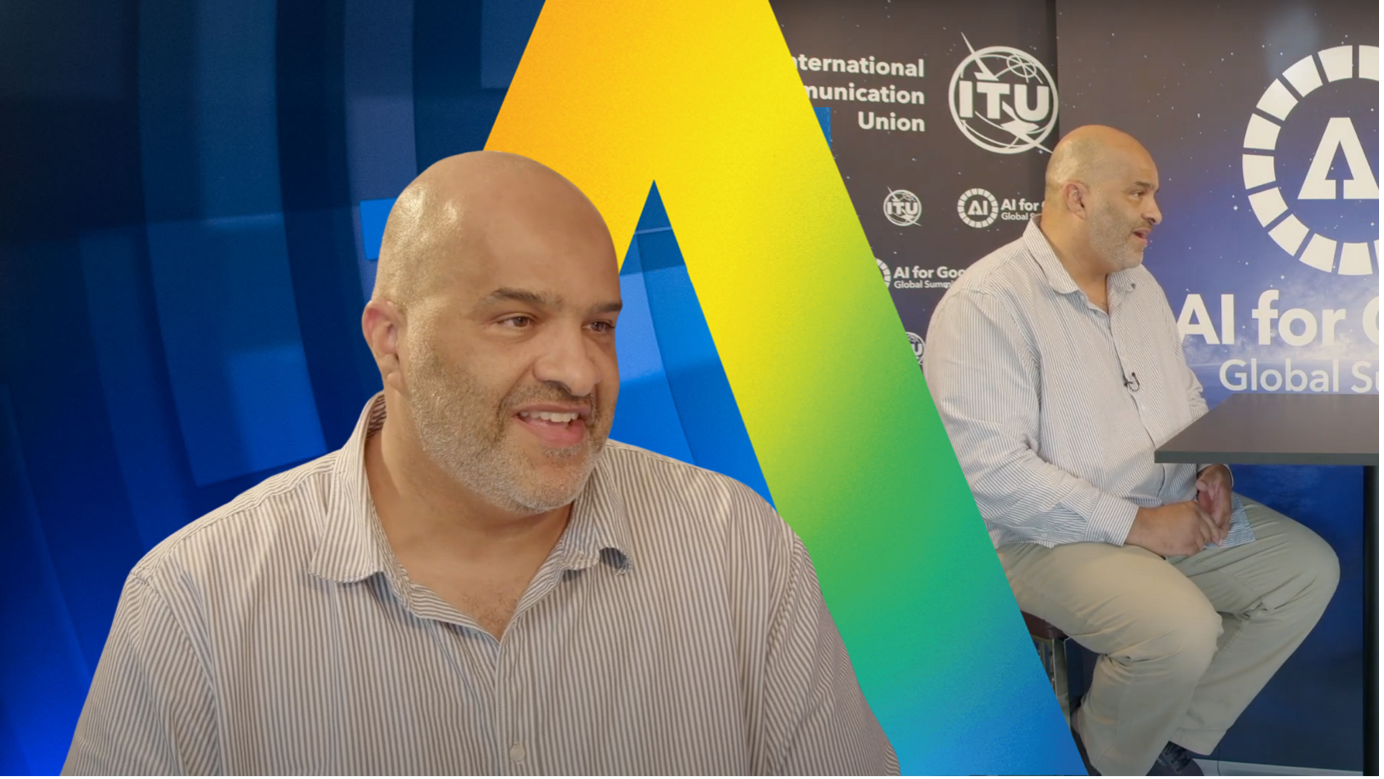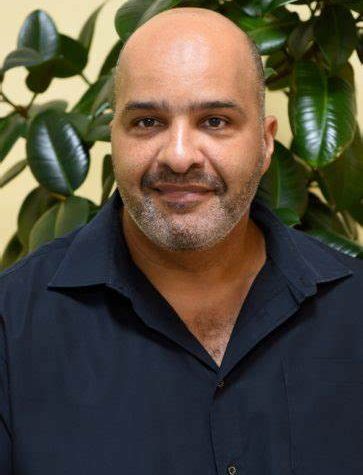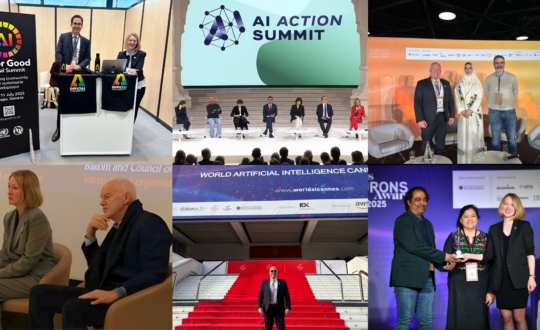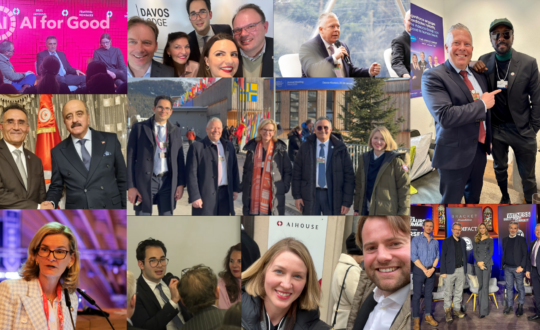The AI for Good Global Summit 2024, held in Geneva, brought together leaders and innovators from various sectors to discuss the transformative potential of artificial intelligence (AI). Among the distinguished speakers was Justin Thomas, Senior Research Specialist at King Abdulaziz Center for World Culture (Ithra). Justin Thomas shared insights into the collaborative efforts required to harness the potential of AI to meet the Sustainable Development Goals (SDGs).
Justin Thomas is involved in projects at the intersection of technology, psychology, and public health. A chartered psychologist with the British Psychological Society, Thomas previously held academic positions in the UK and UAE, including Professor of Psychology and Director of the Research Center for Culture, Cognition, and Wellbeing. He has published extensively on topics exploring the interactions between technology, psychological well-being, and culture. His work at Ithra focuses on understanding and enhancing digital well-being through ethical AI practices and global cooperation.
Findings from a Global Digital Wellbeing Survey conducted since 2021 reveal significant international differences in AI optimism and pessimism. With responses from 35 nations and a substantial sample size of a thousand people per nation, the survey underscores the influence of cultural, social, and economic factors on people’s attitudes towards AI. Some nations show optimism as high as 97%, while others are as low as 40%.
“This disparity reflects the varied attitudes towards AI, from high optimism to deep pessimism,” shared Justin Thomas.
The need to slow down AI development to avoid cutting corners that compromise ethical standards is essential. The initial rollout of AI assistants like Siri and Alexa, which were criticized for perpetuating gender stereotypes by defaulting to female personas, serves as an example of how speed can overshadow ethical considerations.
“We need to slow down… When development moves at high speed, critical ethical considerations can be overlooked,” highlighted he.
At the summit, there was a strong emphasis on trust and inclusion in AI development, resonating with Thomas’s views. The collective commitment to addressing AI bias and advocating for ethical AI practices is evident. Participants discussed AI bias and even AI disarmament, highlighting the shared goal of ethical AI implementation.
Justin Thomas’s insights call for a reevaluation of the pace at which AI technologies are developed and deployed. His experiences and research underscore the necessity of incorporating ethical guidelines and ensuring diverse perspectives in AI development, urging for a more inclusive and thoughtful approach to shaping the future of AI.
“We have a window, a moment to try and do something different,“ stated Justin.
This conversation at the AI for Good Global Summit 2024 highlighted the pivotal role of ethical AI practices in creating a future where AI serves humanity, respects human rights, and promotes inclusivity. The interview with Justin Thomas provided a compelling case for the deliberate and ethical advancement of AI technologies, advocating for a balanced approach that prioritizes human well-being and the Sustainable Development Goals.


 Register here
Register here













